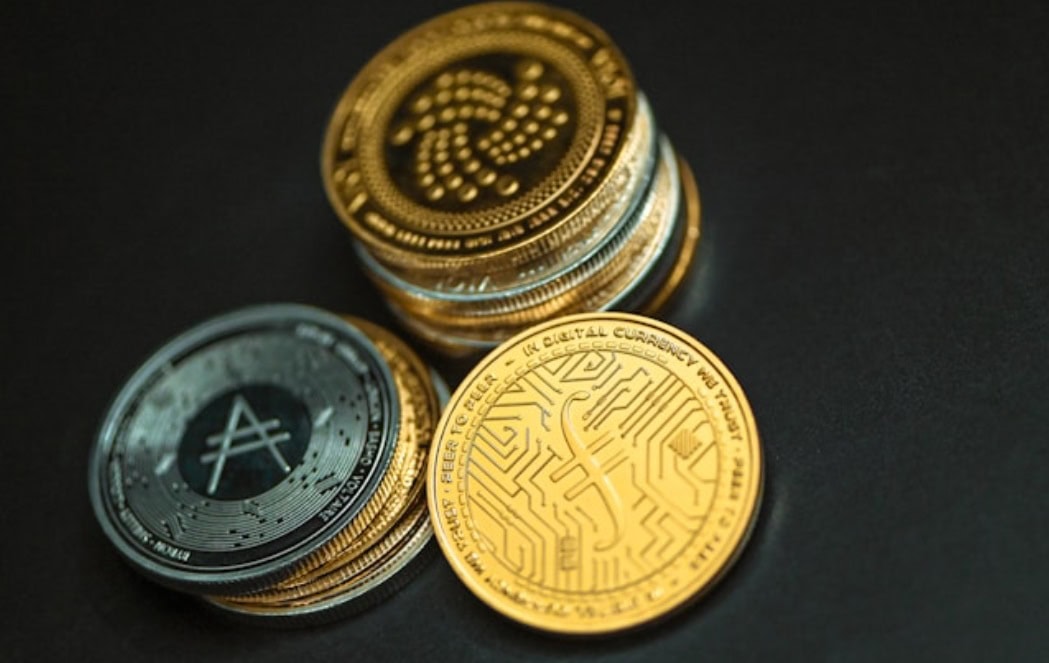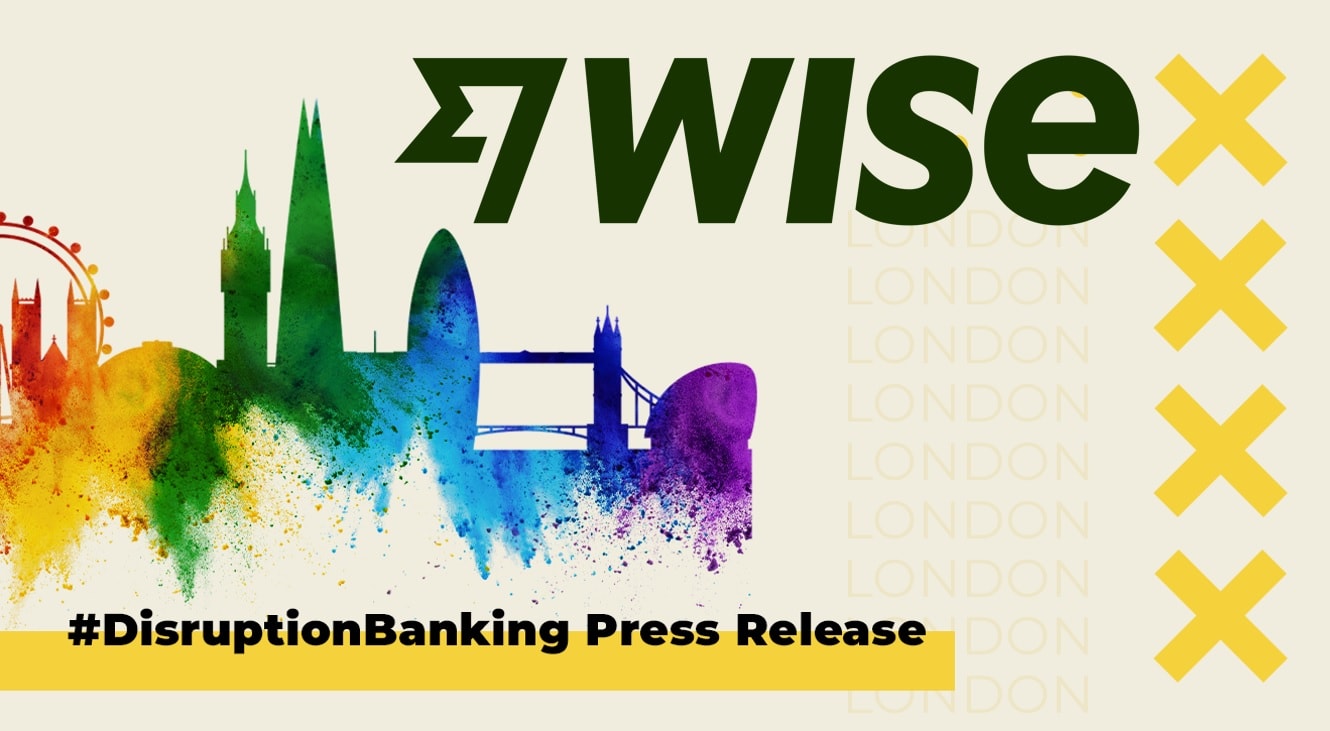Launching a cryptocurrency is a complex process that requires meticulous and strategic steps to ensure that developers lay the best foundation for success. These steps require extensive research to determine what method best serves individual projects. While there are several different options that achieve specific goals, a crypto presale is one of the most popular ways of launching a crypto project.
Understanding Crypto Presales
A crypto presale is a fundraising event used by crypto projects before they officially launch their cryptocurrency. During this period, the team sells tokens to early investors at low prices, sometimes promising significant increases as the project becomes more popular and adoption increases after a public launch. Projects typically use the funds they raise to continue token and platform development and cater to other expenses.
Crypto presales also provide early adopters with a rewarding investment opportunity because many tokens tend to spike following a public launch. Today, some of the best crypto presales are for assets that deliver specific functionality in an ecosystem, such as gaming through the play-to-earn ([P2E) model. Users can invest in new tokens to interact with ecosystems that offer potentially high returns, low fees, increased security, and enhanced scalability.
Factors to Consider When Deciding Whether or Not to Launch a Presale
Although there are several pros of launching crypto via a presale, this method may not be suitable for every project. Developers must consider several factors, including the following:
- Regulatory Environment: The crypto regulatory landscape is complex and can vary between multiple jurisdictions. Before deciding to launch via a presale, developers must understand the specific laws and regulatory requirements in the region where the project is based. For instance, some countries may classify some tokens as securities, requiring the developers to meet specific compliance requirements before a launch.
- Development Stage: Creators in the early stages of their projects may struggle to attract early investments since there is no established credibility. Advertising a new cryptocurrency with little more than a whitepaper may cause investor reluctance. On the other hand, a well-developed project, with a beta version or a public prototype, is more likely to achieve success with a presale.
- Risk Management Plan: The potential risk management requirements tailored to a particular project may inform the presale decision. All crypto launches carry varying risks, including regulatory problems and technical issues. A crypto presale event must agree with the potential launch risks and also accommodate contingency issues.
- Long-Term Vision and Goals: Presales provide quick funding that can be used for project development. However, there may be challenging obligations or expectations of a crypto launched via a presale. For instance, early investors usually have high expectations and anticipate significant returns on their investments. This could create undue pressure on the team and force them to deviate from their initial goals. Investors may also expect specific milestones in a given timeframe, which may be extremely challenging for the project.
- Target Audience and Demand: A successful presale is predicated on a project’s ability to attract enough early investors and believers. The team must be realistic about its target audience and determine whether or not its existing market demand can guarantee a successful presale event. Such projects must have clear value propositions that connect with potential investors and should significantly differentiate themselves from competitors.
- Status and Credibility of Team Members: A healthy and provable track record is critical for conducting a successful presale event. A strong team with a demonstrable track record will attract investors easily and convince the public to deposit funds. However, a team comprising inexperienced or non-transparent members will struggle to conduct a successful presale event.
- Funding Requirements: Since early funding is one of the primary reasons for conducting a presale, projects must determine how much funding they need and create an extensive financial plan. This will eventually inform tokenomics and help to determine what percentage of the total supply will be available during the presale period. Without a thorough determination of these specifics, projects may end up raising too much or too little funds.
Examples of Cryptocurrencies that Launched Via Presale Events
- Ethereum (ETH): The Ethereum presale is one of the most successful and influential presales in the history of crypto. In 2014, Ethereum raised more than $18 million in a presale that lasted for 42 days, from July 22 to September 2.
- EOS: This is considered one of the largest crypto presales in history, as the EOS platform raised more than $4 billion. The presale began in June 2017 and lasted 350 days.
- Tezos (XTZ): Tezos conducted a presale in 2017 and raised $232 million. The network uses a self-amending blockchain protocol that allows it to upgrade itself without any hard forks.
- Chainlink (LINK): Chainlink is one of the most important cryptos in the decentralized finance (DeFi) space and is currently the 14th largest cryptocurrency by market capitalization, according to data from CoinMarketCap. The project successfully raised about $32 million in 2017.
- Filecoin (FIL): A decentralized storage network, Filecoin’s capacity to disrupt the traditional cloud storage sector popularized the platform. In 2017, Filecoin raised $52 million through a presale.
Benefits of a Crypto Presale
- Early Funding: Crypto presales help projects raise much-needed funds that they can carefully allocate to developmental and operational expenses, as well as legal fees. Without the necessary funding, projects may struggle with achieving set goals and may fail completely.
- Community Building and Engagement: Projects can use a presale event to build a loyal community of early supporters and followers. Investors and community members are organic marketing tools that promote the project and contribute to its success. In addition, building a solid community helps the project to improve its product through constructive criticism from members.
- Market Confidence: A successful presale can generate investor confidence as it shows high demand. Projects with a large number of investors or a substantial amount of money, send a positive signal to the crypto community. This could attract more investors and help to establish.
Challenges of a Crypto Presale
- Token Value Dilution: Launching a cryptocurrency at a significant discount can dilute its value after the public launch. This is because many early investors tend to sell a large percentage of their holdings for a profit, which unfortunately leads to a price plunge. This may also cause the market to lose confidence in the project.
- Regulatory Scrutiny: A crypto presale may attract undue regulatory attention, which could negatively affect investor confidence. In some jurisdictions, authorities may bring legal action against presale events they consider improperly registered. These actions may include sanctions, fines, and other limitations that may force the project to shut down.
- Investor Fatigue: The crypto market’s popularity has increased the number of new tokens launched via varying methods, including presales. Unfortunately, this has caused investors to grow wary of these launches, leading to general reluctance and crypto fatigue.
Conclusion
In addition to a presale, crypto projects may consider several other options. For instance, a crypto project may try a fair launch, which is a decentralized method of distributing tokens to a community instead of using a private sale or a presale. There is also the initial DEX offering (IDO), where tokens are offered directly on a decentralized exchange (DEX). Further methods include a security token offering (STO) and an initial exchange offering (IEO).
Although a crypto presale is a popular and trusted method, projects must carefully consider their tokenomics, community, developmental stage, and target audience before deciding. Ultimately, the best launch strategy will depend on each project’s specific features and circumstances.
#Crypto #Presale #DisruptionBanking














